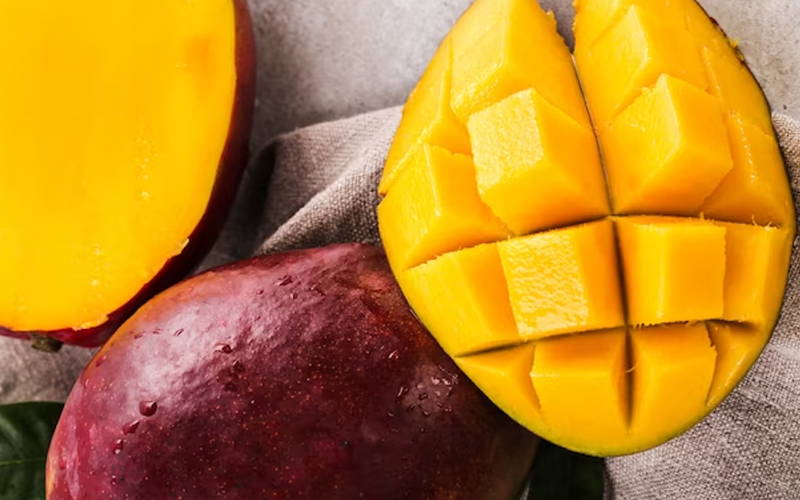Have you ever wondered if there’s a natural, versatile, and potent weight loss aid hiding in the form of an exotic fruit? Enter the African mango, a protein-rich fruit native to West Africa that not only helps with weight loss but also offers a plethora of health benefits. In this blog post, we will unlock the secrets of African mango, diving deep into its origin, nutritional profile, and the science behind its impressive health benefit of African mango.
African mango, unlike its regular counterpart, boasts a unique nutritional profile rich in vitamins, minerals, fiber, antioxidants, and healthy fats. This superfruit has gained significant attention in recent years as a popular weight loss supplement, but its benefits extend far beyond shedding pounds. Let’s explore the world of African mango and uncover the potential it holds for a healthier, happier you.
Short Summary
- African Mango (Irvingia Gabonensis) is a fruit native to West Africa with nutritional benefits, including vitamins, minerals and healthy fats.
- Clinical evidence suggests African mango supplementation may aid in weight loss and improved overall wellbeing by stabilizing blood glucose levels and cholesterol reduction.
- It is important to adhere to the recommended dosage of African mango supplements when selecting a quality product for optimal health benefits while monitoring any changes in your body or consulting healthcare professionals if needed.
Exploring African Mango: Origin and Nutritional Profile

Weight Loss and Body Fat Reduction

Health Benefit of African Mango: Mechanism
Clinical Evidence
Additional Health Benefits

Diabetes Management
Cholesterol Reduction
Antimicrobial Properties
Safety, Side Effects, and Contraindications

Known Side Effects
Contraindications
Pregnancy and Lactation
Dosage and Supplement Selection











